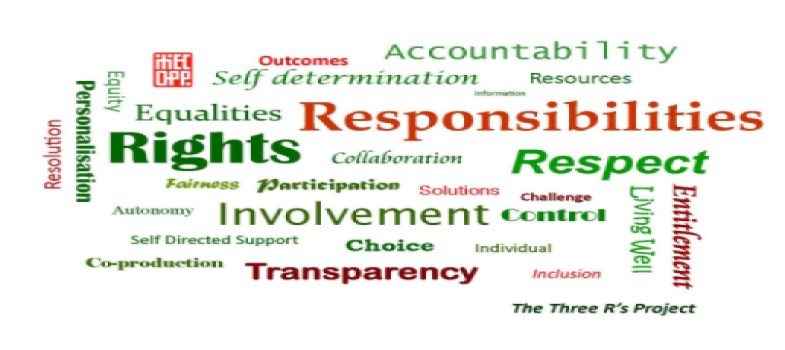Self-Directed Support and Human Rights
SDS as a human right
The Case for SDS as Human Right
So where does SDS fit within this framework. There may be no explicit 'human right' to SDS but there are key human rights concepts which are capable of being realised via SDS and which need to be taken into account in the assessment, planning and delivery of SDS.
Firstly,
via Article 8 of the European Convention on Human Rights & The Human Rights Act, SDS can be a means of protecting the right to private and
family life. Article 8 does not cover a
finite list of things but, rather, protects a central aspect of dignity and
autonomy of the individual.
The Convention on the Rights of Persons with Disabilities reflects throughout the importance of autonomy in ones own life. It provides the right to participate in decisions which affect you, the right to make decisions for oneself and the support that may be required to help people to do that. And it provides the right to live independently and be involved in the community, with the support to make that happen.
These both highlight the importance of autonomy and self-determination as a human right, regardless of whether a person has a disability or not.
There are many possible mechanisms by which a government could try to implement or protect these rights but SDS is the policy in place to contribute to a system to realise these rights.
